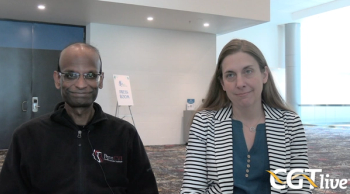
The physician-scientists at CHOP discussed what lies on the horizon after KJ’s treatment with a CRISPR-based gene editing therapy for CPS1 deficiency.

The physician-scientists at CHOP discussed what lies on the horizon after KJ’s treatment with a CRISPR-based gene editing therapy for CPS1 deficiency.
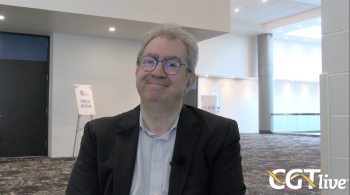
The director of the Mass General Brigham Gene and Cell Therapy Institute also discussed the Institute’s presentations at ASGCT’s 2025 conference.

The physician-scientists at CHOP discussed an n-of-1 clinical trial for a CRISPR gene-editing strategy.
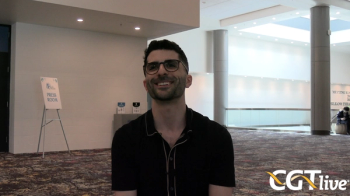
The senior principal scientist at Regeneron discussed an advanced approach to enabling gene therapy redosing.
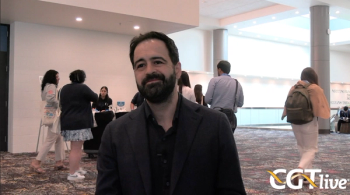
The head of research at Mass General Brigham’s Gene and Cell Therapy Institute discussed how innovative research can be held back by financial considerations.
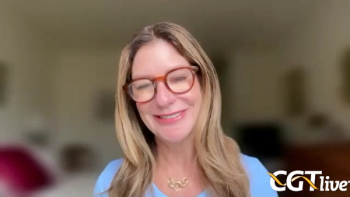
The CEO of Capricor Therapeutics discussed future plans for the product after the promising data presented at MDA’s 2025 conference.
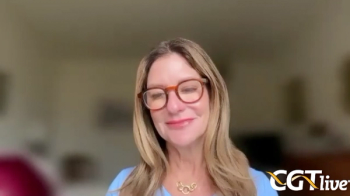
The CEO of Capricor Therapeutics discussed clinical data presented at MDA’s 2025 meeting.
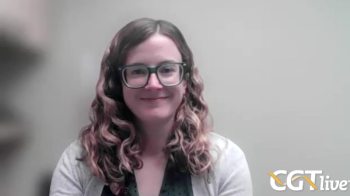
The codirector of pediatric neuromuscular clinical research at Washington University in St. Louis discussed the session she chaired at MDA’s 2025 conference.

In pooled data from 156 patients, there were no deaths or study discontinuations.

One of the patients, who was aged 3 years at the time of treatment, achieved 122.3% microdystrophin expression compared to control.

Patients treated at Dose 2 in the dose-escalation phase of Part 1 of the study showed a persistent 68% reduction in CK levels over 2 years.
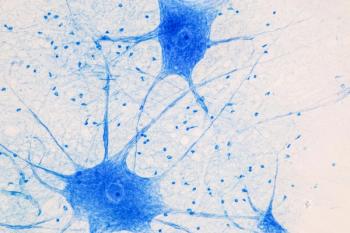
OAV101 IT is a version of Zolgensma that is delivered directly to the spine.
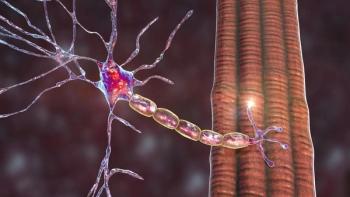
The findings were presented at the 2025 Muscular Dystrophy Association Clinical & Scientific Conference

David-Alexandre Gros, MD, the chief executive officer of Eledon Pharmaceuticals, discussed the company’s collaboration with EGenesis.
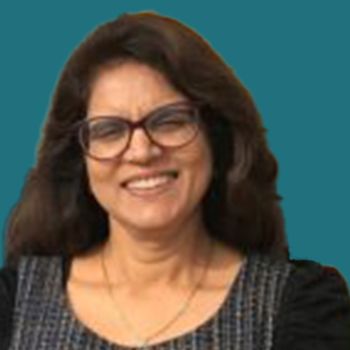
Reena Sharma, MD, an adult metabolic consultant at Salford Royal Hospital, discussed areas of interest for future study for the Gaucher disease gene therapy product.
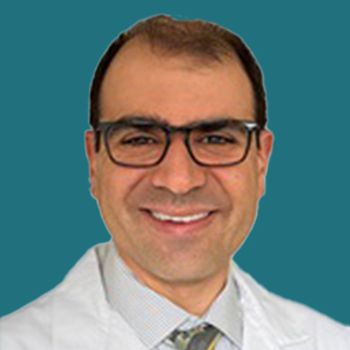
Alfred L. Garfall, MD, MS, discussed data from the phase 2 BMT CTN 1902 trial.
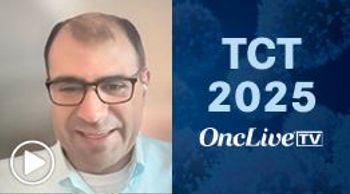
The director of the Autologous Hematopoietic Cell Transplantation, Cell Therapy and Transplant Program at the Hospital of the University of Pennsylvania discussed data from the phase 2 BMT CTN 1902 trial.
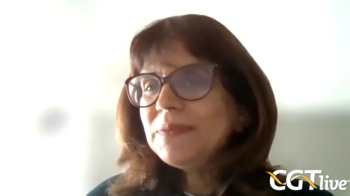
The adult metabolic consultant at Salford Royal Hospital discussed areas of interest for future study for the Gaucher disease gene therapy product.
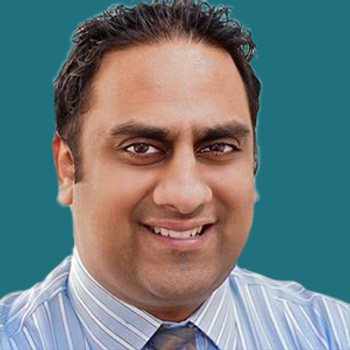
Nirav Shah, MD, an associate professor of medicine at Medical College of Wisconsin, discussed efficacy data presented at the 2025 Tandem Meetings.
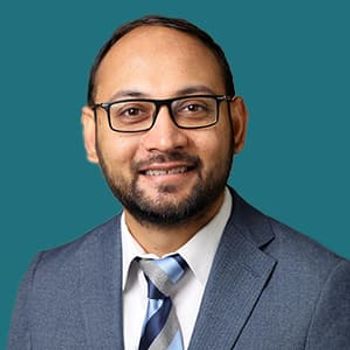
Bhagirathbhai R. Dholaria, MD, an associate professor of medicine in malignant hematology & stem cell transplantation at Vanderbilt University Medical Center, discussed new results presented at Tandem 2025.
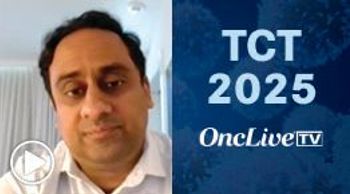
The associate professor of medicine at Medical College of Wisconsin discussed efficacy data presented at the 2025 Tandem Meetings.

Reena Sharma, MD, an adult metabolic consultant at Salford Royal Hospital, discussed results she presented at the 21st Annual WORLDSymposium.
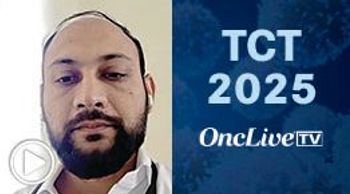
The associate professor of medicine in malignant hematology & stem cell transplantation at Vanderbilt University Medical Center discussed results from a phase 1 clinical trial.
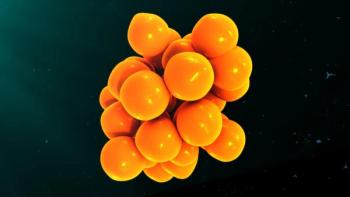
The data, which comes from a phase 2 trial, were presented at the 2025 Tandem Meetings.
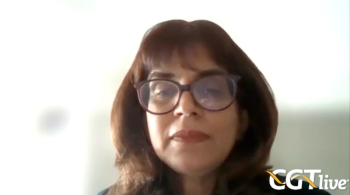
The adult metabolic consultant at Salford Royal Hospital discussed results she presented at the 21st Annual WORLDSymposium.
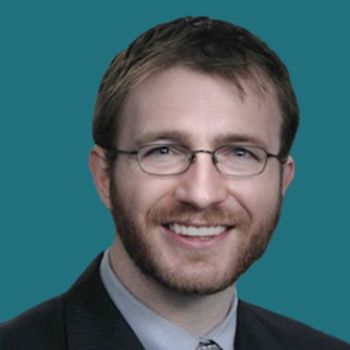
Mark Hamilton, MD, PhD, a hematology-oncology and BMT cell therapy fellow at Stanford University, discussed implications of his institution’s findings on treatment-related secondary malignancies.
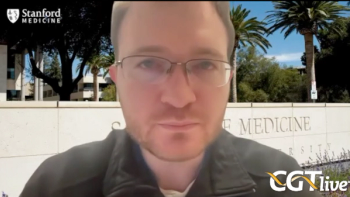
The hematology-oncology and BMT cell therapy fellow at Stanford University discussed implications of his institution’s findings on treatment-related secondary malignancies.
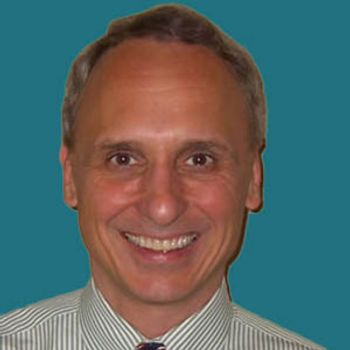
Barry J Byrne, MD, PhD, the chief medical advisor of MDA, also shared his thoughts on the 75th anniversary of the organization.

Barry J Byrne, MD, PhD, the chief medical advisor of MDA, discussed what attendees can expect at the 2025 MDA Meeting.
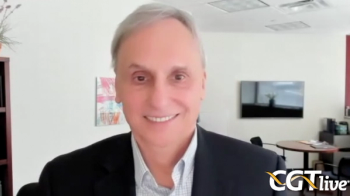
The chief medical advisor of the Muscular Dystrophy Association also shared his thoughts on the 75th anniversary of the organization.